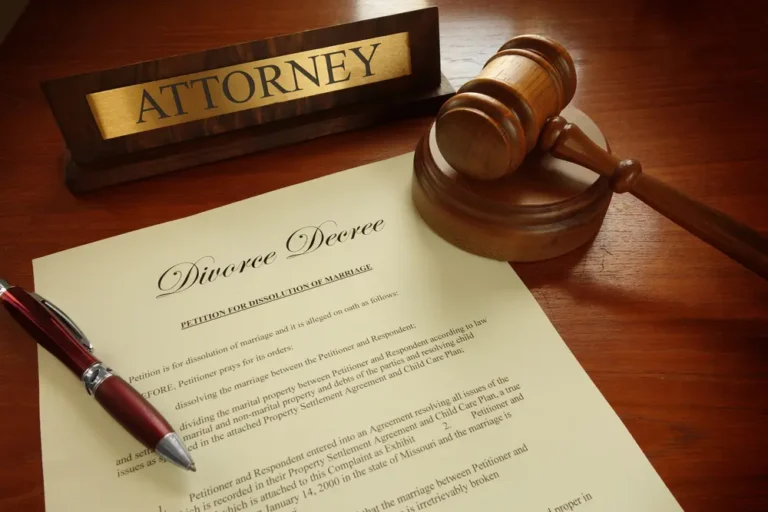Issues to Resolve in a Divorce Without Children~2 min read
When a couple who has no children together decides to get a divorce, in many aspects, the divorce is easier. But there are still issues that need to be resolved.
Division of Assets and Liabilities
Texas is a community property state. This means that all assets and debts acquired by you and your spouse during your marriage belong equally to you both. This includes retirement plans and income earned from your jobs.

Property that either of you owned separately prior to the marriage, and that was never commingled with community property, belongs solely to that spouse as their separate property. Other property that is not community property and belongs to one spouse includes:
- Any inheritance.
- Proceeds from a personal injury award.
You and your spouse can agree on how to divide your community property. In a collaborative divorce, you will have the benefit of consulting with a financial professional who can help you each with budgeting for your future and give advice on the tax consequences of certain property division so that you can come to an agreement that meets the needs of your both.
Spousal Support
Either spouse can ask for support from the other. In order to qualify for spousal support, the spouse asking must show that without support, they cannot meet their basic needs. In addition, one of the following must also be present:
- The supporting spouse was convicted of an act of family violence that occurred within two years of the divorce.
- The spouse asking for support is either mentally or physically incapacitated to a degree that makes them unable to be self-supporting.
- The couple was married for at least 10 years and the spouse asking for support is unable to be self-supporting.
After meeting these basic qualifications, the court also considers a number of factors before awarding support. Those include, but are not limited to:
- The length of the marriage.
- Each spouse’s ability to work and meet their own needs independently.
- Whether either spouse “wasted” resources.
- The roles of each spouse during the course of the marriage and whether one spouse helped the other gain education or training for the benefit of the community.
For assistance with any aspect of your divorce, whether or not you have children, contact our family law attorneys at Springer & Lyle. We can help you with either a traditional divorce or a divorce through collaborative law. Call us at 940.387.0404 to schedule a consultation.






